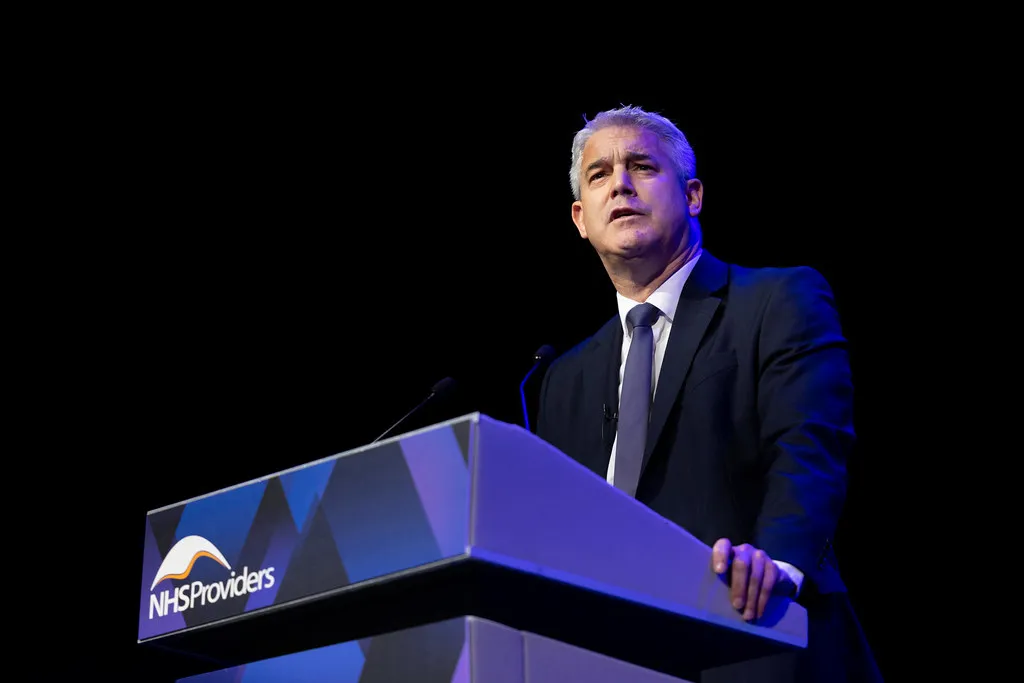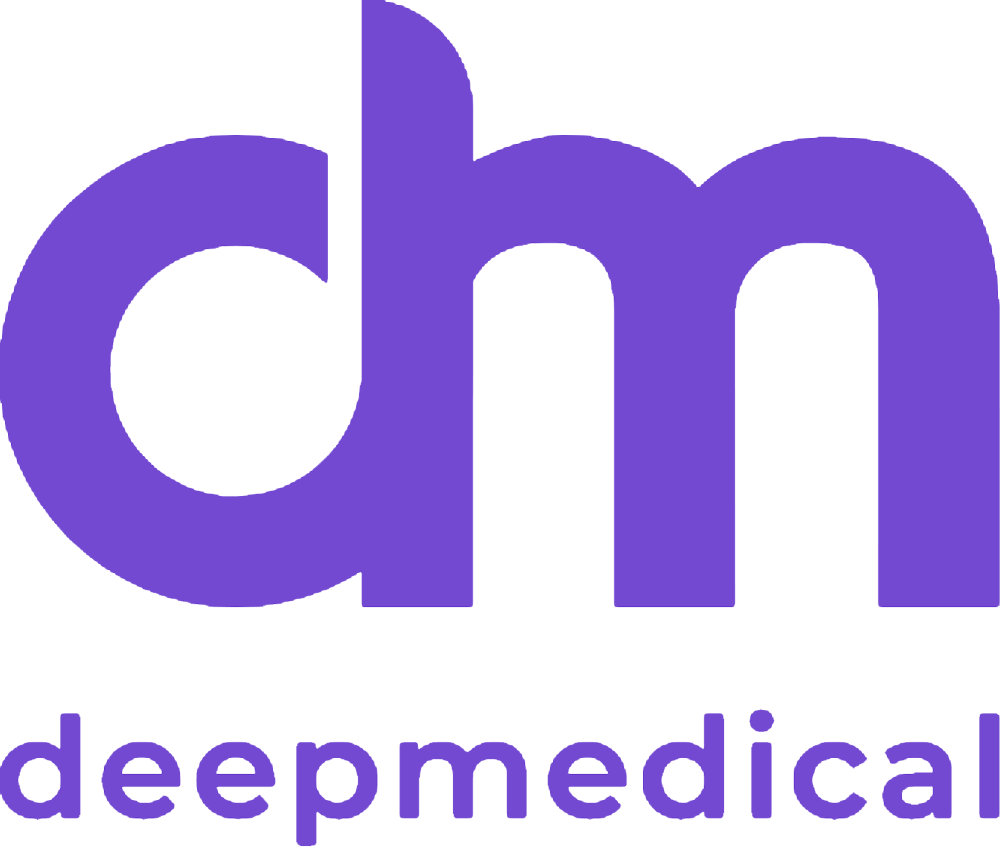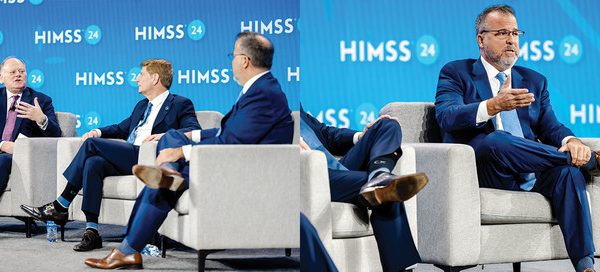
Artificial intelligence (AI) that predicts likely missed appointments and offers back-up bookings will be piloted by the NHS in a bid to maximise resources and potentially save billions.
Through algorithms and anonymised data, the technology breaks down the reasons why someone may not attend an appointment – using a range of external insights including the weather, traffic and jobs.
The appointments are then arranged for the most convenient time for patients – for example, it will give evening and weekend slots to those less able to take time off during the day.
The system also implements intelligent back-up bookings to ensure no clinical time is lost, maximising efficiency.
It is currently being piloted in Mid and South Essex NHS Foundation Trust, which supports a population of 1.2 million people, with an average did not attend (DNA) rate of 8%.
When used at full scale, it is predicted it will allow an additional 80-100,000 patients to be seen each year at the trust.
The software, created by Deep Medical and co-designed by a frontline worker and NHS clinical fellow, is set to be tested at five additional trusts from this year.
Last month, the NHS launched a renewed drive to reduce hundreds of thousands of missed hospital appointments every month, to help boost the recovery of elective services.
It is estimated that there are eight million missed hospital appointments each year with an estimated annual cost to the NHS of £1.2 billion pounds.
The AI tool was at an NHS Innovation Showcase event this week celebrating innovation in the build up to the NHS 75th birthday.
NHS chief executive Amanda Pritchard said: “The NHS has been at the forefront of innovation for almost 75 years, adopting the latest technologies and treatments to ensure patients have the best possible experience.
“This new pilot is no different – it shows the NHS testing the latest technological advancements to address the real world challenges we face. The system will help ensure patients receive ‘smart’ appointments, that are convenient and fit into people’s increasingly busy lives.
“It is a win-win for patients and the NHS alike – it will help us to free up doctors’ time to treat more patients, save taxpayers’ money as well as helping to reduce waiting times.”
Health and Social Care Secretary Steve Barclay said: “Artificial intelligence is transforming the way we deliver healthcare with faster, more accurate diagnoses.
“This pilot will take us even further, using ground-breaking software to track patients’ preferences and offer them appointments they are more likely to attend with 90% accuracy. Wider use of this technology could potentially save the health service hundreds of millions of pounds ever year and boost our efforts to cut waiting lists so patients can get the care they need more quickly.
“Pioneering approaches such as these will free up precious time for our doctors and nurses – with around 8% of appointments currently missed – while ensuring patients get the best medical advice when and where they need it.”
Dr Deldar is a member of the NHS Clinical Entrepreneur Programme (NHS CEP) which is a development programme aimed at equipping NHS staff to develop commercial skills, knowledge and experience that will help them transform healthcare and stay within the health service.
Deep Medical was co-founded by Dr Benyamin Deldar and AI expert David Hanbury.
Dr Deldar, co-founder of Deep Medical, said: “This really isn’t about people forgetting an appointment, at the core of this issue is challenging health inequalities in our communities. Whilst working on the frontline over COVID, I felt the impact of the pandemic on our services.
“We’ve created a system that can better identify and offer support for patients, whilst importantly tackle the NHS waiting list. Being a part of the NHS CEP has given me the framework and skills to scale innovations with purpose.”
It is now entering its seventh year and so far more than 1000 NHS staff have joined the programme, starting over 420 life science companies, raising over £860m in funding and impacting more than 130m patients and professionals.
Matt Whitty, Chief Executive of the Accelerated Access Collaborative and Director of Innovation, Research and Life Sciences, NHS England said: “Since the NHS was founded on 5 July 1948, it has always innovated and adapted to meet to needs of each generation and we need innovation now more than ever. Operational pressures, increased demand, tackling health inequalities, improving outcomes. Everywhere you look innovation is rising to the challenge, helping relieve the pressure and providing ground-breaking diagnosis and treatments.”
Source: NHS / Public Health England










